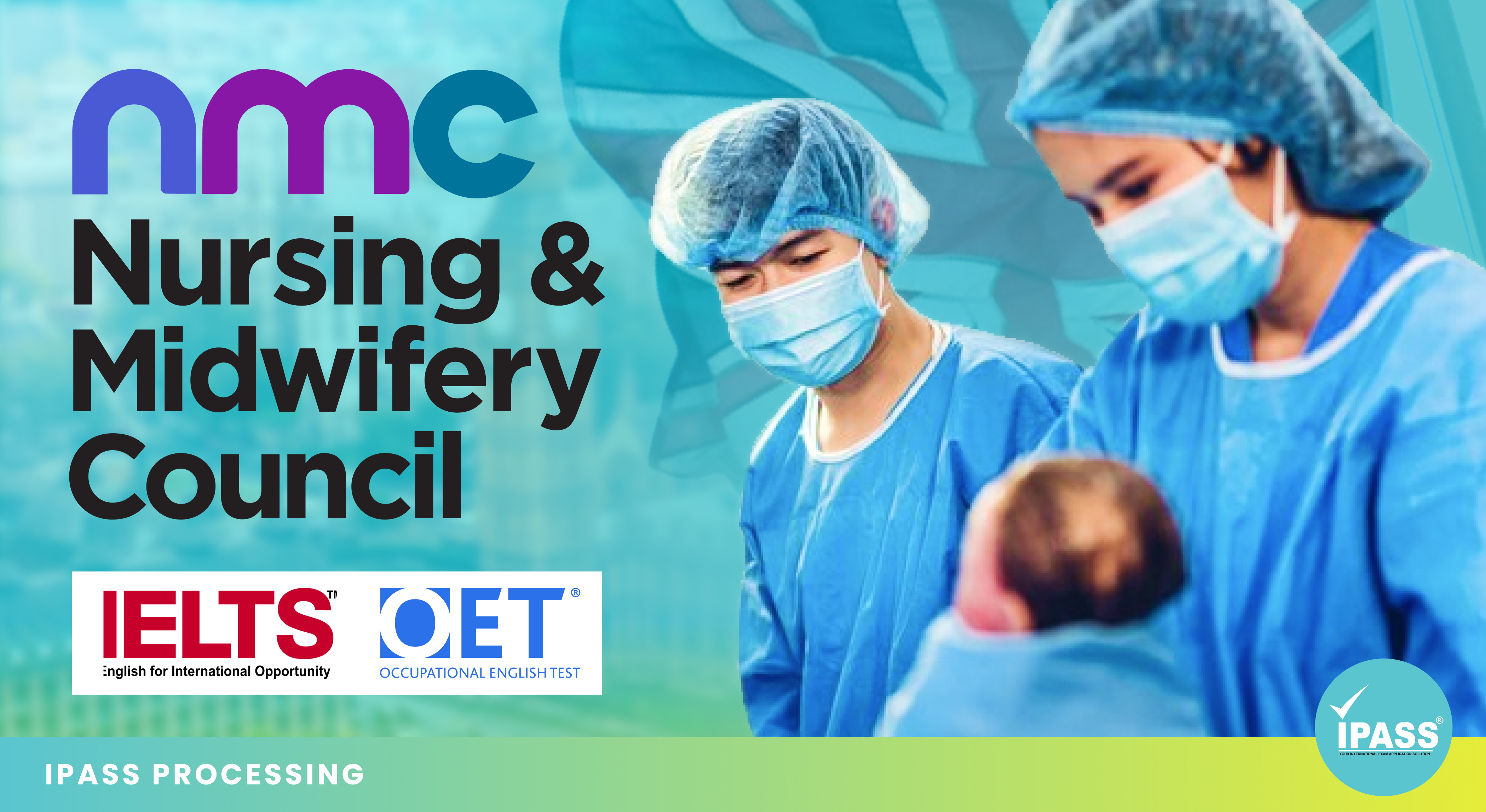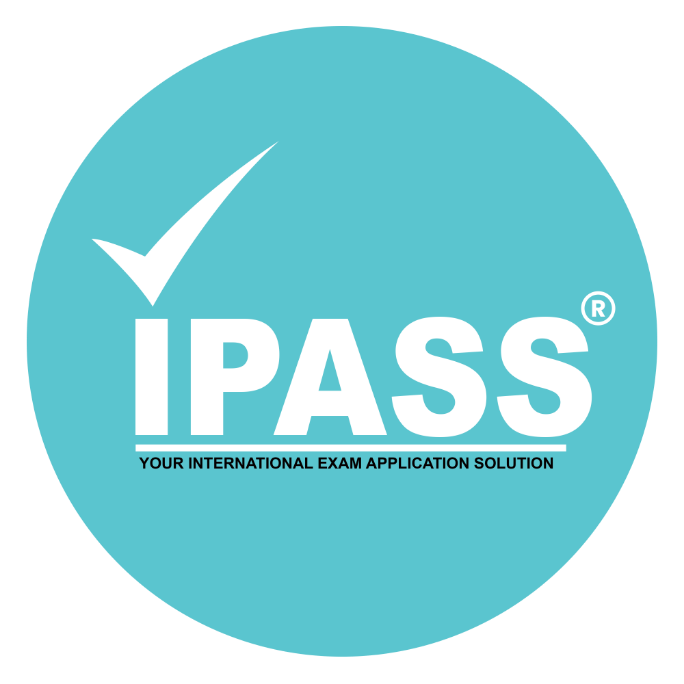Your cart is currently empty!

2023 Update: UK NMC’s New English Language Requirements
Language proficiency is crucial for safe and effective patient care, particularly in the United Kingdom. Thus, the Nursing and Midwifery Council (NMC) established language requirements for international nurses aspiring to practice in the UK’s healthcare system. This comprehensive guide will explore the UK NMC’s new English language requirements. But first, let’s understand why language proficiency is a crucial foundation in healthcare.
The Significance of Language Proficiency in Healthcare
Language proficiency is foundational to nursing practice, as effective communication is essential for providing safe and high-quality patient care. Moreover, the NMC recognizes the critical role of language skills in ensuring patient safety and has set language requirements for nurses. Before we delve into the specifics of these requirements, let’s understand why language proficiency is paramount in healthcare:
1. Patient-Centered Care
Effective communication is the cornerstone of healthcare. Nurses often serve as patients’ primary point of contact, and their ability to understand and be understood is vital for delivering quality care. Thus, the NMC’s language requirements promote patient-centered care and ensure nurses communicate effectively with patients from diverse linguistic backgrounds.
2. Ensuring Patient Safety
Miscommunication or language barriers can lead to medical errors, posing significant risks to patient safety. That is why the NMC mandates a high English language proficiency level for nurses. Therefore, it aims to reduce the likelihood of medical errors caused by miscommunication and enhance patient safety.
3. Collaborative Healthcare Teams
Healthcare is a collaborative field, with nurses working alongside other healthcare professionals. So, effective communication within the healthcare team ensures coordinated patient care.
4. Legal and Ethical Obligations
Healthcare professionals, including nurses, have legal and ethical obligations to provide the best possible care to their patients. It includes ensuring patients fully understand their condition, treatment options, and potential risks. Hence, meeting the NMC’s language requirements is not merely a professional aspiration; it’s a legal requirement. Moreover, failure to do so can result in disciplinary actions and may jeopardize your nursing career in the UK.
5. Enhancing Career Opportunities
Proficiency in English opens up numerous career opportunities within the UK healthcare system. As a result, it allows nurses to work in various settings and advance their careers.
Overview of UK NMC New English Language Requirements
The UK NMC’s English language requirements encompass the Occupational English Test (OET) and the International English Language Testing System (IELTS). Let’s check the detailed overview of these tests, their formats, and the specific passing score requirements for nurses.
IELTS Requirements for Foreign Nurses
International nurses aspiring to practice in the United Kingdom must meet specific language proficiency standards set by the Nursing and Midwifery Council (NMC). We will explore the IELTS passing scores required by the NMC and the critical aspects of fulfilling this requirement.
Passing Score for IELTS
What IELTS score is required for UK nurses to meet the NMC’s language requirements? There are two types of IELTS exams. First is the Academic IELTS, tailored for university and professional applicants. The second is the General Training IELTS, which encompasses general interest topics. However, it’s important to emphasize that the NMC accepts only the Academic IELTS test.
Aspiring nurses need a minimum score of 7.0 in reading, writing, and speaking on the Academic IELTS test. Additionally, they should score at least 6.5 in the writing section.
OET Requirements for Foreign Nurses
The OET is explicitly designed for healthcare professionals, including nurses, to evaluate their English language proficiency in a medical context. Moreover, it assesses your ability to communicate effectively with patients, colleagues, and other healthcare professionals. As a result, ensure that your language skills align with the demands of the healthcare environment.
Passing Score for OET
To meet the NMC language requirements, you must achieve a specific minimum OET score for foreign applicants. The NMC now accepts the OET@Home test as proof of English language proficiency. This convenient test maintains the same high standards as center-based exams but allows you to take it from home, eliminating the need to travel.
Here are the passing score requirements for aspiring UK nurses. A C+ or higher grade in writing. In addition, at least a B grade in listening, speaking, and reading.
Significant Changes for IELTS and OET in the UK for 2023
There are two UK NMC new English language requirements made in 2023. First, NMC has extended the timeframe for candidates to retake the test from six months to twelve months after a failure. Thus, it offers candidates a better opportunity to enhance their skills before reattempting. Moreover, the minimum score required when combining two test attempts has been revised to allow for more flexibility while maintaining standards.
The second change involves employers providing evidence of applicants’ English proficiency in cases where they narrowly miss passing. Notably, it applies to candidates who completed their Nurse training in English in a non-majority English-speaking country. Furthermore, employer support remains a valuable means of demonstrating the requisite English proficiency, especially when test scores may not fully reflect it.
Combining IELTS Test Scores
As mentioned above, if you have failed on your first try, you can retake IELTS and combine your scores to pass the test. Achieving the required mark across two IELTS test sittings is possible if:
1. You sit the tests within 12 months of each other.
2. You’re tested in all four sections at the same time.
3. You achieve at least 7 for reading, listening, and speaking, and 6.5 for writing in at least one of the two test sittings.
4. No scores in the two test sittings are below 6.5 for listening, reading, and speaking or below 6 for writing.
Please note that you cannot combine OET and IELTS test scores when combining tests.
Combining OET Test Scores
Achieving the required mark across two OET test sittings is possible if:
1. You sit the tests within 12 months of each other.
2. They assessed all four skills in the same sitting.
3. You achieve at least grade B (350-440) for reading, listening, and speaking. In addition, at least grade C+ (300-340) for writing in one of the two test sittings.
4. No scores in either test sitting are below grade C+ (300-340) for listening, reading, and speaking or below grade C (250-290) for writing.
However, it’s important to note that you cannot combine OET and IELTS test scores when combining tests. Thus, preparing well for the OET or IELTS exams is essential to increase your chances of success and ace them on your first try. Furthermore, let’s look at practical strategies to help you achieve your target scores.
Preparing for the OET and IELTS
Excelling in your nursing career in the UK requires achieving the necessary scores in both the OET and IELTS exams. Adequate preparation is critical, and here are some valuable tips to help you succeed:
1. Practice Regularly
Dedicate time to practice each skill required for the OET and IELTS exams, including listening, reading, writing, and speaking. Moreover, familiarity with the test formats is essential for success.
2. Take Mock Tests
Use official practice materials for both OET and IELTS to take mock tests and simulate exam conditions. As a result, it will help you gauge your readiness and identify areas for improvement.
3. Explore Preparation Courses
Consider enrolling in OET and IELTS preparation courses, available both online and in person. These courses offer expert guidance and strategies to excel in both exams.
4. Manage Your Time
On test day, prioritize time management to ensure you complete all sections within the allotted timeframes. Moreover, time management is vital to success in the OET and IELTS tests.
Success Strategies for Overcoming Language Barriers in Healthcare
In the fast-paced healthcare industry, international nurses face unique challenges related to language proficiency standards. While the NMC establishes precise language proficiency standards, it’s essential to recognize potential challenges and proactively tackle them. Here are some common language barriers and how to overcome them:
1. Vocabulary Differences
Medical terminology can vary between countries, so it’s essential to familiarize yourself with UK-specific terms for effective communication in healthcare. In addition, this knowledge will benefit your ability to provide care and work well with colleagues, making you a valuable asset in the UK healthcare system.
2. Enhance Your Vocabulary
Utilize UK-specific medical glossaries and dictionaries to familiarize yourself with standard terms and expressions in healthcare. Additionally, you can gain practical clinical experience and refine your vocabulary by learning from colleagues and patients.
3. Accent Variations
Different accents and dialects in the UK can sometimes be challenging to understand in healthcare settings. However, you can improve communication with colleagues and patients by actively listening and adapting.
4. Cultural Sensitivity
In healthcare, it’s essential to grasp the subtleties of diverse cultures’ communication styles. In addition, this understanding helps build strong connections with patients from various backgrounds, fostering an inclusive, trusting atmosphere that elevates overall patient well-being and satisfaction.
5. Cultural Competence
Consider cultural sensitivity training to understand better the diverse patient population you may encounter in the UK. So, approach patients with kindness and respect, regardless of their cultural or linguistic background, as it fosters trust and effective communication.
6. Improve Listening Skills
Practice active listening by understanding the context and nuances of conversations, which will help you overcome accent variations. Moreover, engage with colleagues, patients, and fellow healthcare professionals to become more accustomed to different accents.
7. Language Courses
Enroll in language courses tailored to the IELTS or OET test, focusing on the specific language skills required for UK nursing practice. In addition, explore online resources and language learning platforms like 9.0 Niner to effectively enhance your English language skills.
8. Professional Guidance
Seek guidance and mentorship from experienced nurses who have successfully navigated language barriers in the UK healthcare system. Additionally, professional language assessments should be considered to identify areas of improvement and receive personalized feedback.
Navigating language barriers is a journey of growth and adaptation. As you strive to meet the NMC’s language requirements, improving your language skills is vital for success as a UK nurse. Furthermore, embrace the challenges, apply these strategies, and forge a path towards a fulfilling nursing career in the United Kingdom.
Your Rewarding Career Awaits
As you prepare your application and work diligently to meet the UK NMC’s new English language requirements, remember that your nursing career in the UK promises opportunities. Additionally, you will contribute to the well-being of patients, work in diverse healthcare settings, and grow both personally and professionally.
Mastering language proficiency is vital to your journey as an international nurse in the United Kingdom. Your dedication to this pursuit will meet regulatory requirements and contribute to the highest standards of patient care in the UK healthcare system. Furthermore, embrace the challenges, continue learning, and embark on a rewarding career in UK nursing.
Recommended Reads
- May 2025 PNLE Results: Top Schools & Topnotchers
- Ace the May 2025 PNLE: Final Week Preparation Tips
- Nursing Job Opportunities in the Philippines for USRNs
- AHPRA Registration 2025: Updated Pathways for IQRNs
- The Benefits of Pursuing a Midwifery Career in the UK
Recommended Topics
- ASCPi (1)
- Australia (8)
- Canada (5)
- Exam Tips (28)
- General (120)
- IPASS Events (10)
- IPASS News (129)
- Middle East Nursing (17)
- NCLEX (63)
- New Zealand (3)
- NMBI Ireland (1)
- Online Review (13)
- PNLE Online Review (3)
- Tourist Visa (1)
- UKNMC (1)
- US Nursing (12)
- UWorld (1)
- VisaScreen (3)
One response to “2023 Update: UK NMC’s New English Language Requirements”
Thank for this informative updates on English proficiency examination and needed requirements for UK NMC registration. I hope and pray to pursue my UK career as a Nurse soon, by God’s guidance and grace. I hope to hear from you soon. God bless you








Leave a Reply